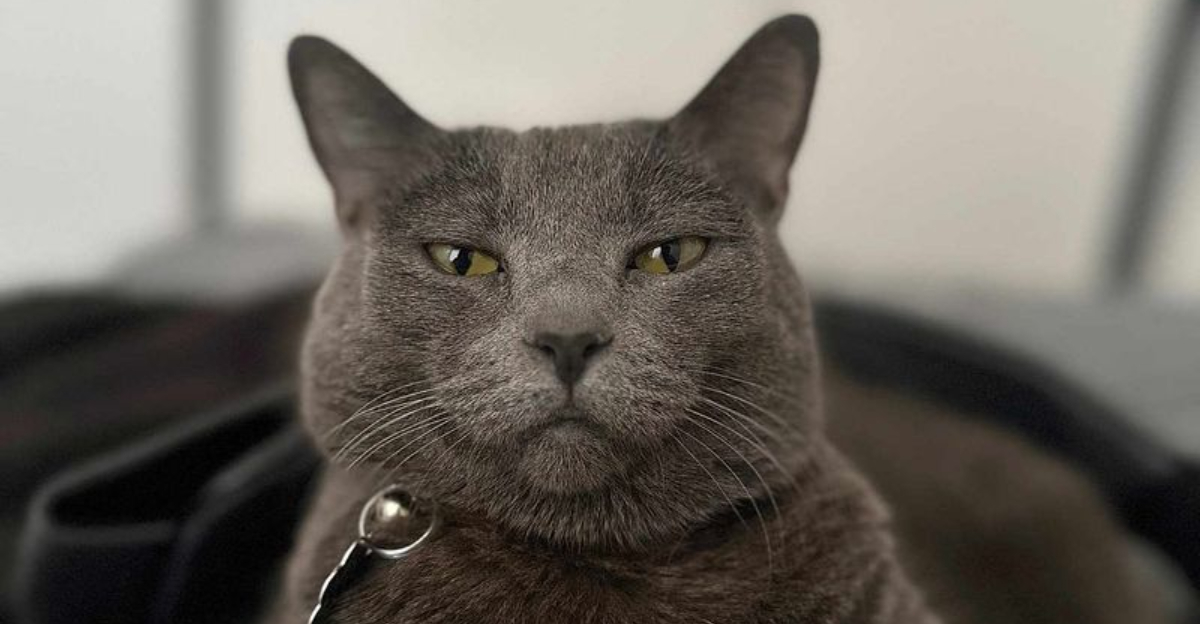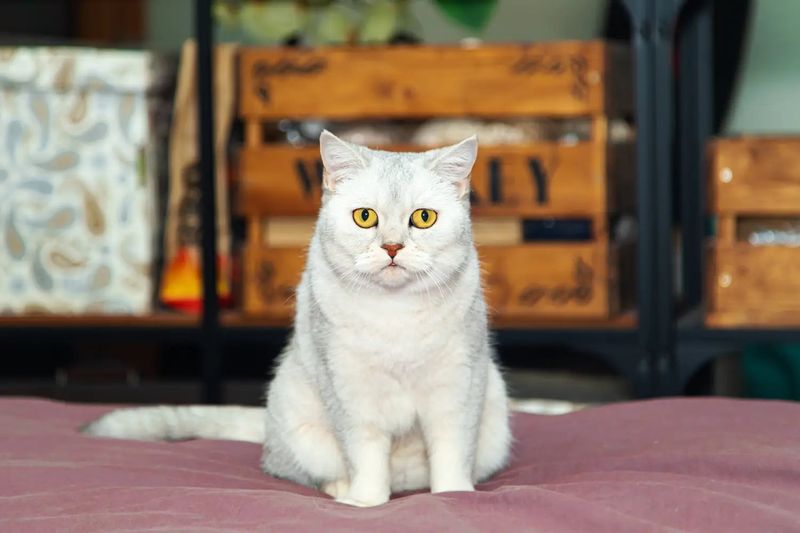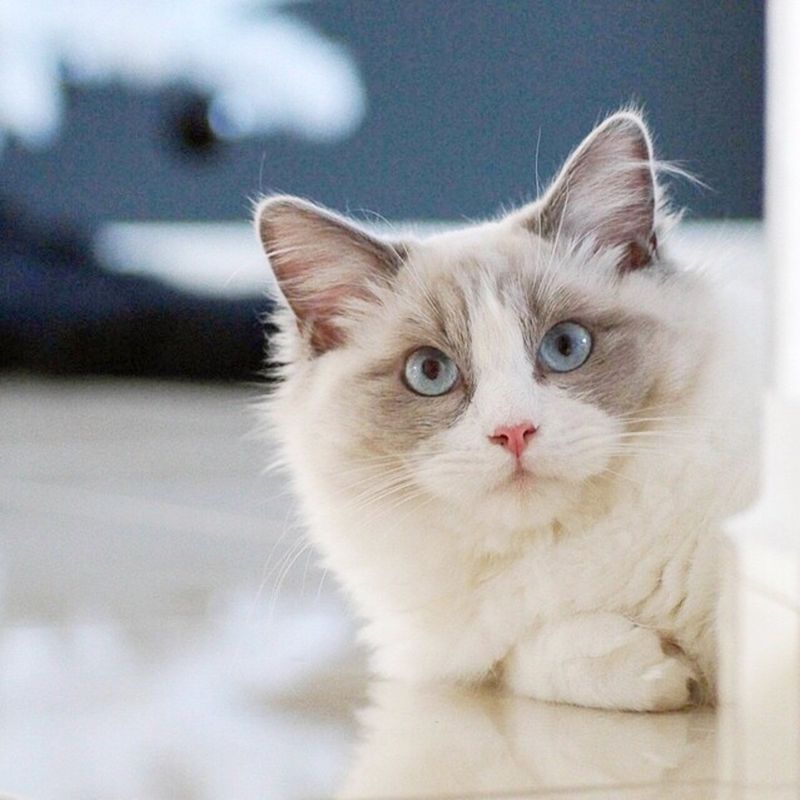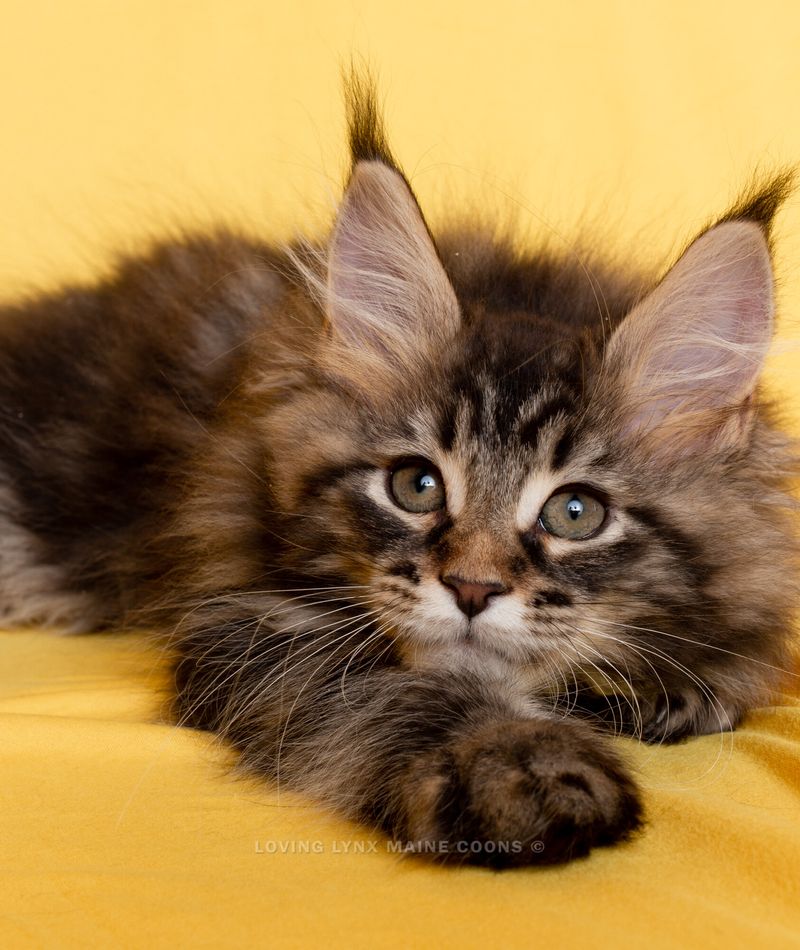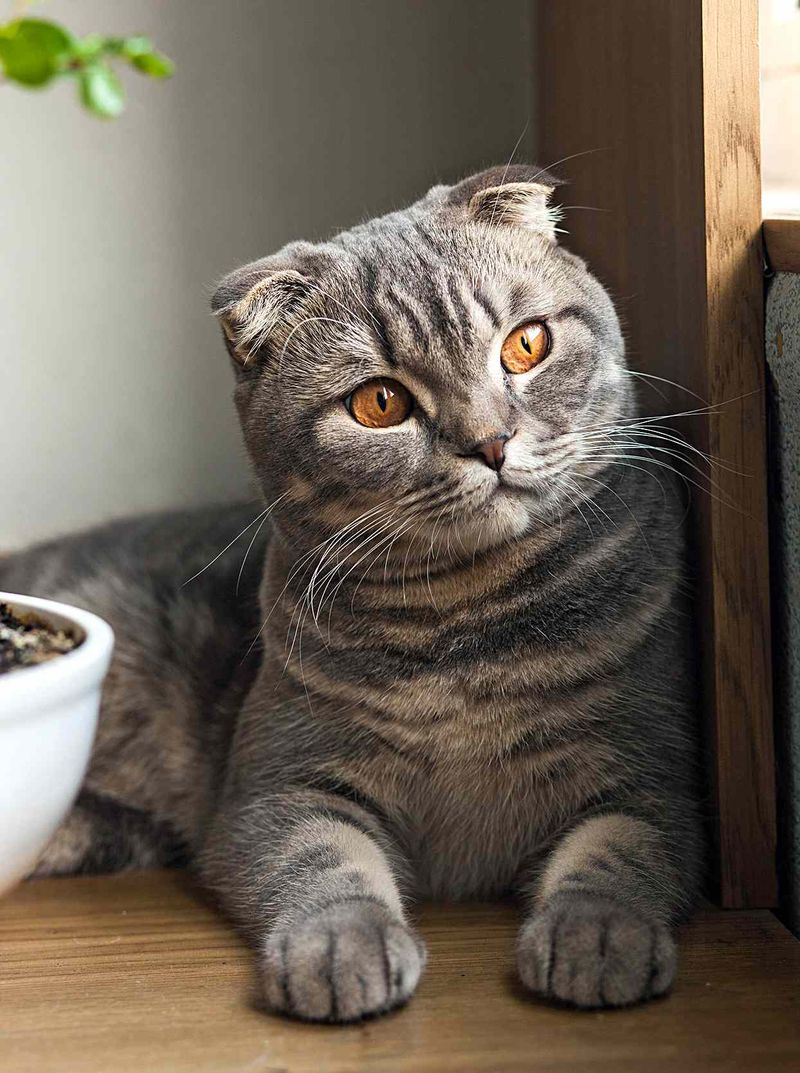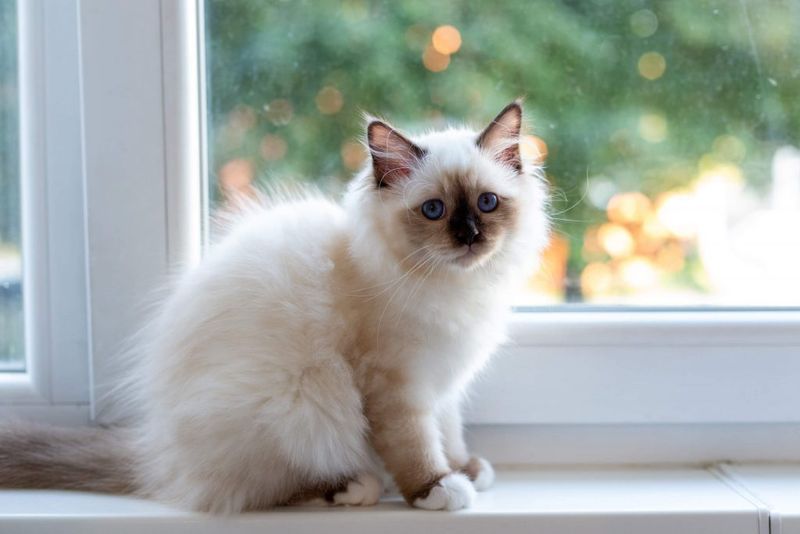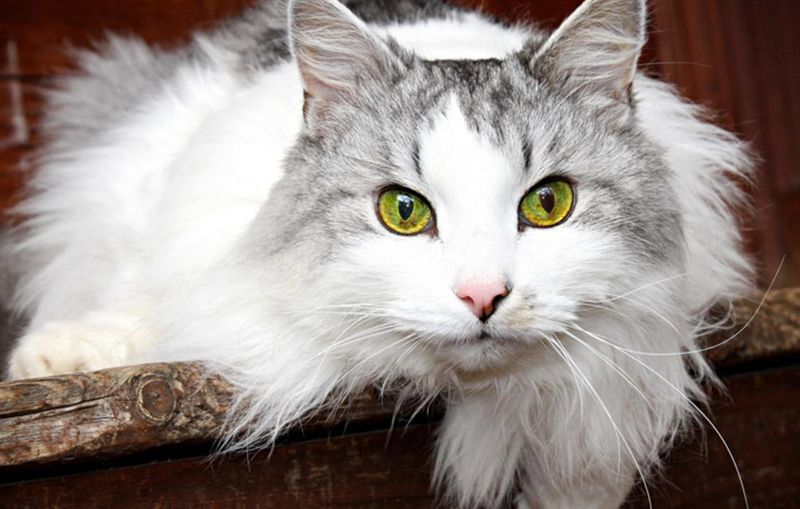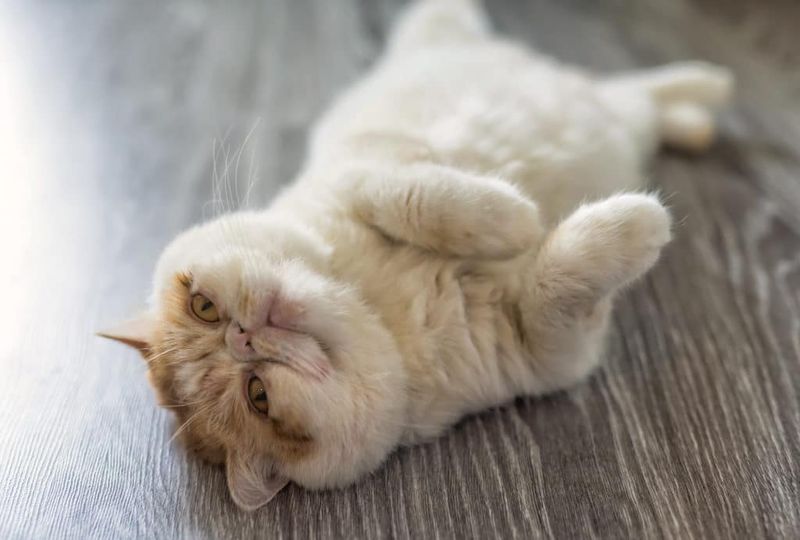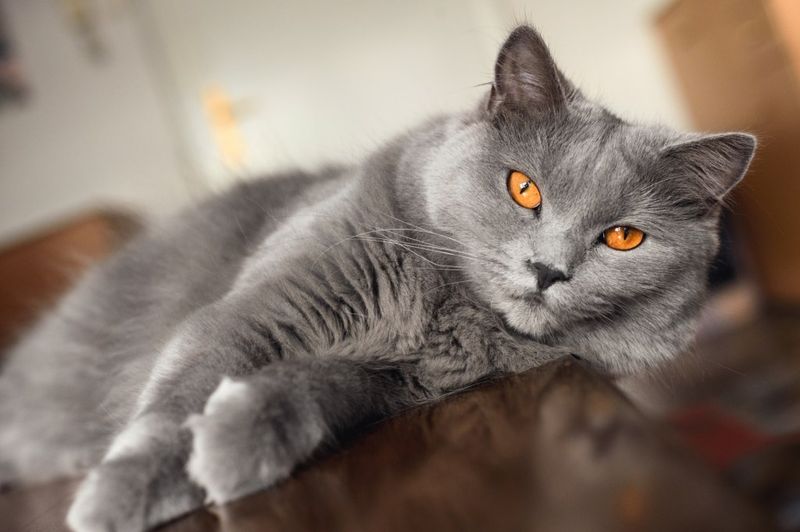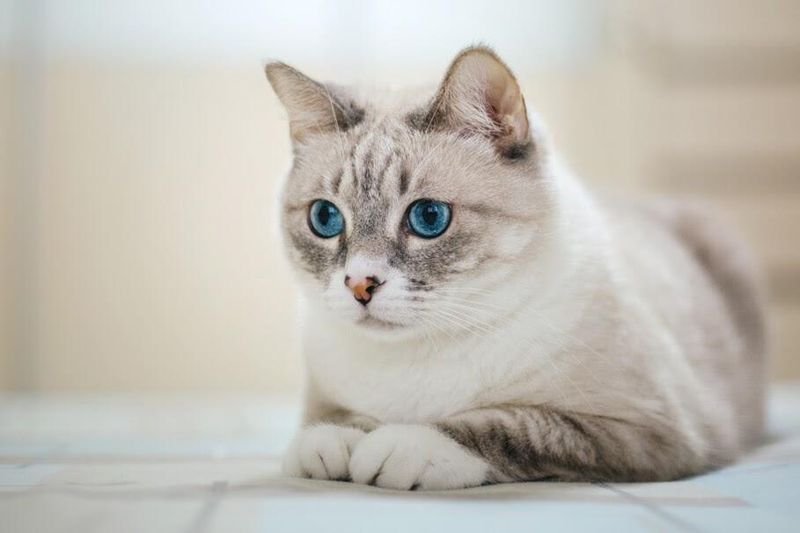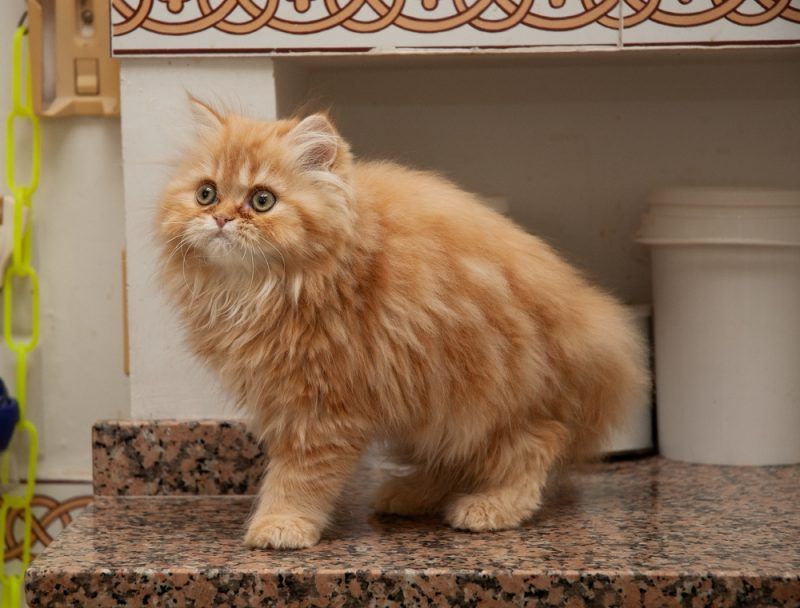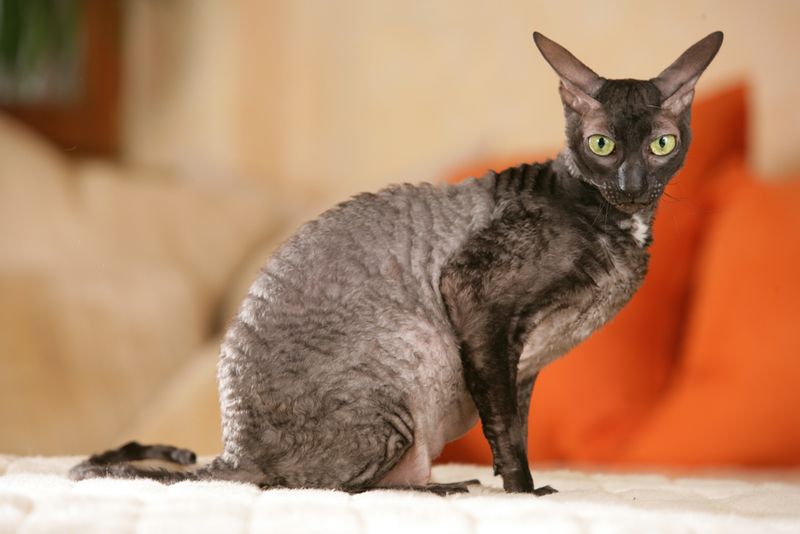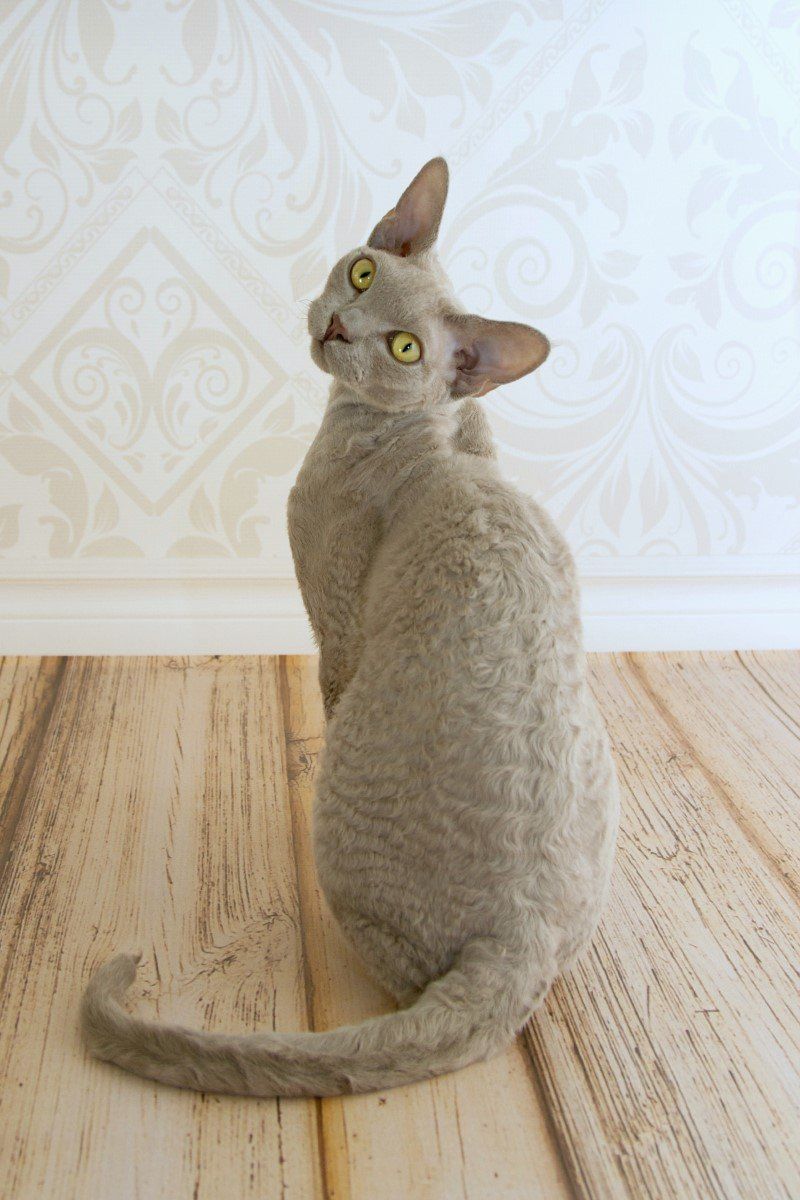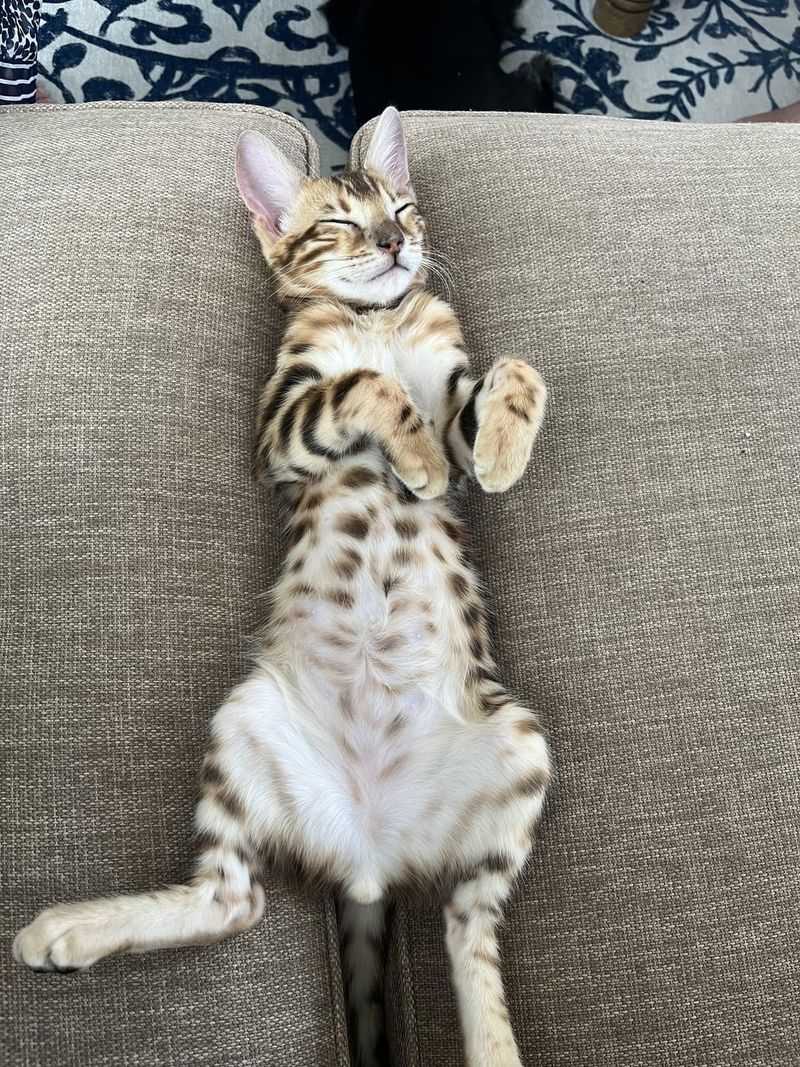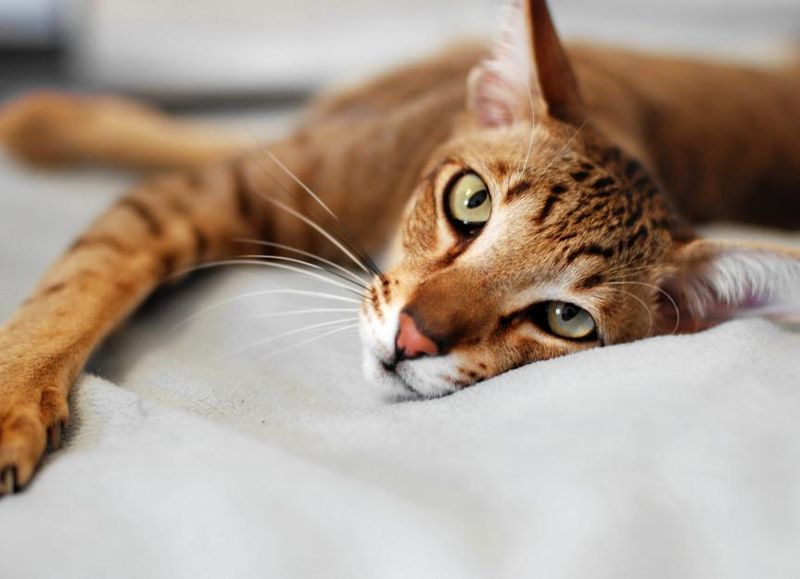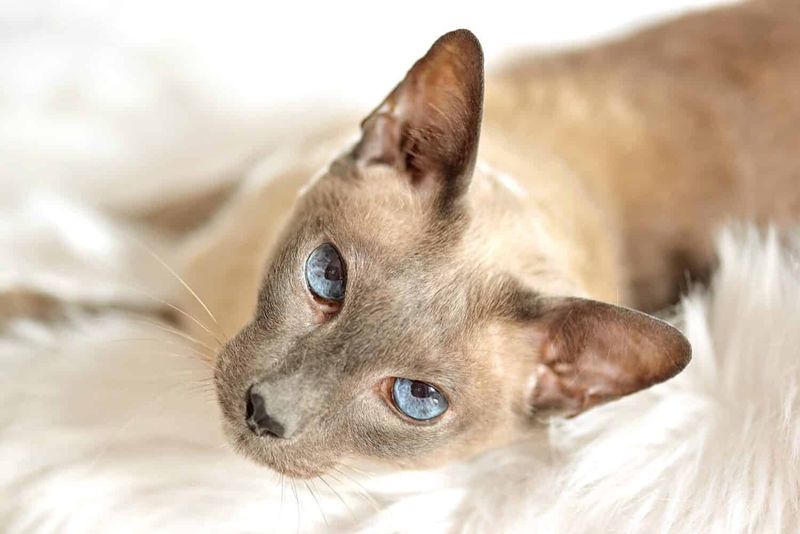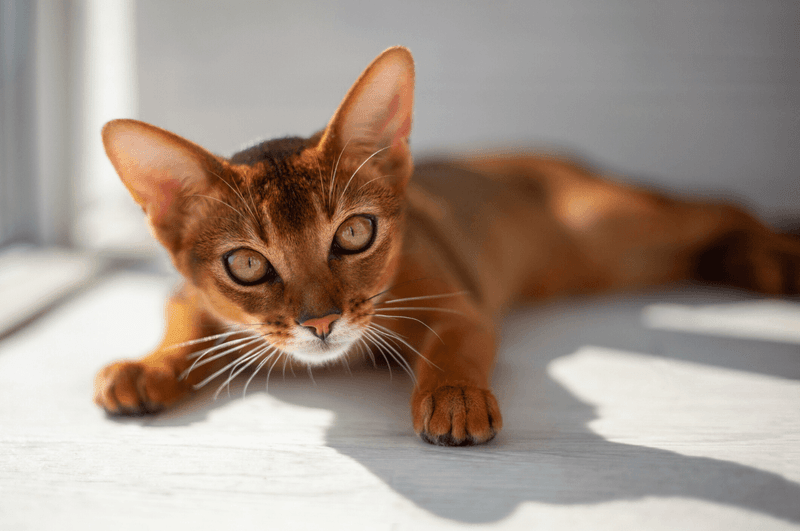📖 Table of Content:
Cats display a wide range of shapes, sizes, and personalities, making each one unique. Some felines stay composed during loud noises, vet visits, or unfamiliar visitors. Others may become shy or anxious in new situations.
Recognizing a cat’s natural temperament is essential for providing a comfortable and supportive home. Calm cats tend to adapt well to change and stress, while more sensitive breeds may require additional reassurance. Knowing these differences can improve the relationship between cats and their caregivers.
Certain breeds are known for their relaxed nature and ability to handle stress with ease. In contrast, some cats benefit from extra patience and gentle care to feel secure. Understanding these traits helps create a harmonious environment for every feline companion.
1. British Shorthair
Known for their unflappable demeanor, British Shorthairs rarely get worked up about anything. These sturdy cats approach life with a calm confidence that’s almost admirable. They’re not big on dramatic reactions – even during home renovations or when visitors arrive.
Their steady temperament makes them excellent companions for busy households. British Shorthairs prefer observing the action from a comfortable perch rather than hiding away. They maintain their cool through most situations, though they might express disapproval through a dignified stare rather than anxious behavior.
2. Ragdoll
Ragdolls earned their name from their tendency to go limp when picked up. These gentle giants truly embody relaxation as a lifestyle choice rather than just a passing mood. Their peaceful nature extends to nearly all situations.
Loud noises, new environments, or meeting strangers rarely ruffle their fluffy fur. Many Ragdoll owners report their cats remain composed during car rides and vet visits. The breed’s easygoing attitude makes them fantastic family pets. Children can interact with them without triggering anxiety, and other pets generally receive a welcoming reception from these tranquil felines.
3. Russian Blue
With a serene and poised attitude, Russian Blues navigate their world thoughtfully. Their quiet confidence isn’t aloofness, but a sign of their careful consideration. They adapt well to new environments and schedule shifts once given a moment to settle in.
Their intelligence helps them assess situations logically rather than responding with fear. Russian Blues form strong bonds with their families but don’t demand constant attention. They’ll happily entertain themselves during your absence and greet you calmly upon return. Their self-sufficient nature paired with emotional stability, makes them excellent apartment dwellers.
4. Maine Coon
Known for their impressive size, Maine Coons also show great emotional resilience. They usually face new experiences with interest rather than apprehension. Their adaptability is evident during transitions like relocating or welcoming new family members.
Maine Coons often serve as the household’s emotional rock, maintaining their composure even when others (human or animal) are stressed. Despite their wild appearance, they possess remarkably steady temperaments. They’re not easily startled by loud noises or sudden movements. Their confidence extends to meeting new people – they’ll assess strangers thoughtfully rather than bolting for cover.
5. Scottish Fold
These cats remain unfazed by most household disturbances thanks to their mellow temperament. Scottish Folds’ folded ears reflect their calm and collected way of dealing with stress. They rarely hide when faced with vacuum cleaners or visitors.
They maintain their composure through most ordinary disturbances, preferring to observe from a comfortable vantage point. These cats adapt well to different living situations and family structures. Their agreeable nature makes them excellent companions for first-time cat owners. Scottish Folds typically handle travel, vet visits, and other potentially anxiety-inducing experiences with remarkable poise.
6. Birman
Birmans carry themselves with a serene confidence that radiates calm energy throughout your home. These color-pointed beauties with white gloves approach new experiences thoughtfully rather than fearfully. Their balanced temperament helps them navigate household changes with minimal stress. Birmans rarely overreact to everyday disruptions like doorbells or appliance noises.
They maintain their dignified composure in most situations. Social by nature, they enjoy meeting new people without becoming overwhelmed. Their adaptable personality makes them excellent companions for multi-pet households. Birmans form strong bonds with their humans while maintaining emotional independence – they don’t panic when left alone for reasonable periods.
7. Siberian
Surviving severe winters in Russia helped Siberians develop a remarkably unshakable temperament. Today, they tackle new challenges with the same calm assurance their ancestors displayed in the wild. Their thoughtful problem-solving skills mean they often respond logically rather than with anxiety.
Unexpected visitors, loud noises, or household changes rarely disturb their natural equilibrium. They maintain remarkable composure through most ordinary disruptions. Siberians bond deeply with their families while maintaining emotional self-sufficiency. Their balanced personality makes them excellent companions for busy households. They adapt well to schedule changes and don’t become distressed when routines shift.
8. Exotic Shorthair
These teddy-bear cats boast the calmness of Persians paired with a short, soft coat. Their natural ease helps them stay composed during stressful moments like noisy environments or new visitors. Changes in routine seldom disrupt their steady nature.
They maintain their sweet demeanor through most ordinary disruptions. Exotic Shorthairs adapt well to apartment living and don’t require constant stimulation. Their mellow nature makes them perfect companions for quieter households. They form strong bonds with their families while maintaining emotional independence.
9. Chartreux
Chartreux cats possess a natural emotional stability that serves them well in our chaotic modern world. These blue-gray French felines approach potential stressors with remarkable composure. Their adaptable nature helps them navigate household changes smoothly. Moving homes, welcoming new family members, or hosting visitors rarely disrupts their calm demeanor.
They assess situations thoughtfully before reacting. Chartreux cats combine sociability with independence in perfect balance. They enjoy human company without becoming clingy or anxious when alone. Their quiet confidence makes them excellent companions for busy families. They rarely demand attention but appreciate gentle interaction on their terms.
10. American Shorthair
Originally valued for their mousing abilities, American Shorthairs cultivated a balanced temperament over time. Their no-nonsense attitude helps them remain calm when faced with challenges. They adapt easily to various household environments, making them ideal family pets.
Household chaos, loud children, or visiting relatives rarely send them into hiding. They maintain their composed demeanor through most everyday disruptions. American Shorthairs balance independence with sociability beautifully. They enjoy human interaction without becoming anxious when left alone. Their emotional resilience makes them perfect for families with unpredictable schedules. They adapt to routine changes without stress.
11. Persian
Though Persians appear delicate, their emotional needs are just as demanding as their grooming requirements. They thrive best in calm, predictable surroundings where they feel safe. Sudden noises or changes can cause stress and anxiety for these sensitive cats.
Persians often need a gentle introduction to new people or experiences. Creating predictable routines helps these cats thrive. They appreciate designated safe spaces where they can retreat when overwhelmed. With patient handling and consistent environments, Persians can develop more confidence over time. Their loving nature makes the extra reassurance worthwhile.
12. Sphynx
Sphynx cats may look tough with their naked appearance, but their lack of fur extends to a lack of emotional barriers. These sensitive souls experience the world intensely without a protective coat. Their social nature creates strong bonds with their humans, sometimes leading to separation anxiety.
Environmental changes like moving furniture or introducing new people might trigger insecurity. Their exposed skin makes them physically vulnerable to temperature changes, further increasing their need for security. Sphynx cats benefit from consistent routines and warm, safe environments. Their intelligence helps them adapt to changes when introduced gradually. Their affectionate nature makes providing extra reassurance a rewarding experience for their humans.
1. Cornish Rex
With unique curly fur and lively personalities, Cornish Rex cats are highly attuned to their surroundings. Their sensitivity means they pick up on shifts others might miss. This alertness, combined with their energetic nature, can lead to nervous behavior in unfamiliar settings.
Their expressive faces and body language clearly communicate their emotional state. Cornish Rex cats benefit from positive reinforcement training and gradual exposure to new experiences. Their intelligence helps them adapt quickly once they feel secure. Providing both physical outlets for their energy and emotional reassurance helps these special cats thrive.
2. Devon Rex
Combining a distinctive elfin look with a sensitive nature, Devon Rex cats often hide their fragility behind playful antics. They notice changes in their environment more than many cats do. Strong attachments to their owners mean separation can lead to anxiety, and unfamiliar noises can startle them.
Their expressive faces clearly telegraph their emotional state. Devon Rex cats thrive with gentle, consistent handling and gradual introduction to new experiences. Their intelligence helps them adapt quickly with proper support. Creating safe spaces where they can retreat when overwhelmed helps build their confidence over time.
3. Bengal
Drawing on their wild ancestry, Bengals display confidence and curiosity instead of timidity. These spotted explorers welcome new situations with interest and enthusiasm. Their athletic build lets them rise above stress by seeking high places to watch quietly.
Bengals process environmental changes as exciting developments rather than threats. Their intelligent assessment of situations prevents fear-based reactions. Bengals thrive on environmental enrichment and mental stimulation. Their confident nature makes them excellent companions for active households. They adapt well to leash training, travel, and meeting new people. Their emotional resilience matches their physical capabilities.
4. Oriental Shorthair
With a slim frame and sensitive temperament, Oriental Shorthairs closely resemble their Siamese relatives. They develop deep attachments to people and places. Changes in environment, unfamiliar sounds, or new visitors can trigger anxious reactions.
Their expressive body language clearly communicates their comfort level. Orientals thrive with gentle handling and predictable routines. They appreciate having safe spaces to retreat when feeling overwhelmed. Their intelligence helps them adapt to changes when introduced gradually. These loving cats reward patient reassurance with devoted companionship.
5. Siamese
Siamese cats combine intelligence with sensitivity, sometimes resulting in heightened reactions to environmental changes. Their vocal nature often expresses their emotional state quite clearly. These social cats form intense bonds with their humans and can experience separation anxiety when left alone for extended periods.
Changes in household routine or unfamiliar visitors might trigger vocal protests or nervous behavior. Their expressive faces reveal their emotional state transparently. Siamese benefit from consistent schedules and gradual introductions to new experiences. Their intelligence helps them adapt once they understand a situation isn’t threatening. Providing mental stimulation alongside emotional reassurance helps these chatty cats feel secure.
6. Abyssinian
Driven by curiosity, Abyssinians face new environments with enthusiasm instead of fear. They prefer to engage and explore rather than shy away. Their adventurous spirit turns unfamiliar situations into exciting discoveries.
Household changes become opportunities for investigation instead of stress triggers. Their confident nature helps them adapt quickly to environmental shifts. Abyssinians maintain their composed demeanor through most ordinary disruptions. Their intelligence helps them distinguish between genuine threats and harmless changes. They form strong bonds with their humans while maintaining healthy independence. Their balanced temperament makes them excellent companions for dynamic households.
